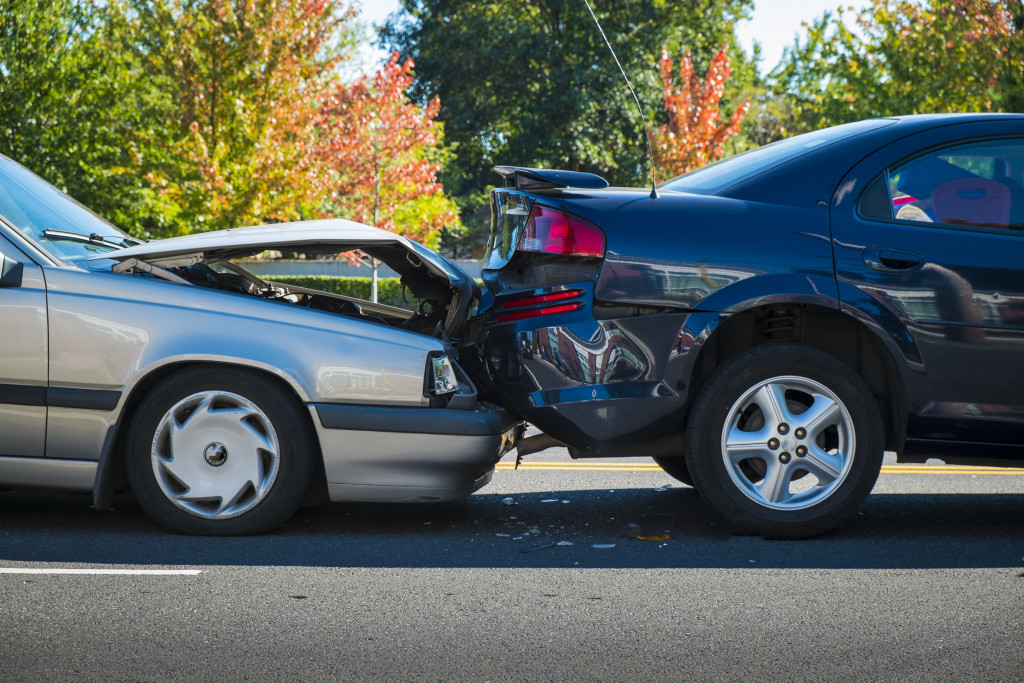Any person who has watched any of the “Law and Order” shows knows police procedure; enough to apply them in real-life situations. From having the right to remain silent upon an arrest to asking for a lawyer to stop an interrogation, some law enforcement practices are meant to protect people and keep authorities accountable. Others ensure every probable avenue is explored to deliver justice — like exigent circumstances.
What are Exigent Circumstances?

To define exigent, consider the value of “urgency” when it comes to law enforcement.
Crime doesn’t wait for anything or anyone; a volatile situation, like a bomb threat or active shooter, progresses in seconds and asking for permission may endanger lives or property. But police may be limited sometimes by the law in the execution of their duties.
Police detectives must not bring in any suspect of a capital murder case or interrogate them without probable cause. The same reason limits cops from demanding a driver open the trunk of their car. Cops are also restrained from shooting at a fleeing suspect without first identifying themselves as law enforcement.
All the described situations may still be resolved through the concept of exigent circumstances. Exigent situations are exceptions to the requirements for obtaining and executing a warrant. But
Exigent circumstances are emergency situations that call for immediate action. The circumstances allow police authorities to carry out their duties and justify their actions. It’s often used in warrantless search and seizure when police authorities have no time to request a search warrant or seek permission from a judge.
But what situations are deemed as “exigent”?
What are Examples of Exigent Circumstances?

Police authorities may do warrantless seizures or arrests if they meet the general considerations stipulated under the law. Certain considerations may differ with each state, but in general, exigent circumstances apply if there is:
- Reasonable belief that an emergency is at hand and immediate assistance is necessary to protect life and property;
- Reasonable assumption of associating the emergency with the area or place to be searched;
- Reasonable belief that immediate action will preserve or secure evidence, that the evidence is in imminent danger of being destroyed or removed;
- Reasonable belief that police authorities are in danger on site while an arrest or search warrant is being obtained, and
- Reasonable suspicion a suspect may be armed.
In all, urgency, time and imminent danger must all be established before cops perform their duties under the exigent circumstances exception. Law enforcement must follow these considerations to the letter. If not, their actions during an investigation, arrest and seizure of evidence could become the reasons a defendant may be declared not guilty in a criminal trial or invalidate an arrest.
Other examples of exigent circumstances are:
- When police believe there is sufficient reason to enter the premises to save an injured person or prevent a person from being injured
- That the suspects have knowledge of police involvement
- When public safety is on the line, police may enter a private property and perform a warrantless search
Although certain situations allow the police to infringe on a person’s Fourth Amendment rights, they are not a license for law enforcement to do as they please. The suspect’s defense attorney may use a warrantless arrest to get a case thrown out or if it has gone to trial and the case has been disposed, it may be grounds for an appeal.
According to the Supreme Court, warrantless searches may hold up even if the exigent circumstance was created by the police. But not when the exigent situation entailed threats from law enforcement, violating the Fourth Amendment.
Also relevant to warrantless searches, evidence seized during such a search may only be legal if the item was in plain view. If that evidence was obtained by, for example, opening a cabinet or lifting a mattress, the evidence may be thrown out because it was illegally obtained.
One other legal concept also refers to extraordinary circumstances, but it has a different meaning than that of exigent.
What Does Extenuating Circumstances Mean?

Extenuating or mitigating circumstances is sometimes used in the courtroom. It’s a legal concept a defense team may use as part of its strategy to reduce the severity of a criminal charge or cut sentencing. Extenuating refers to mitigating factors that affect how the court may look at a defendant’s actions.
These factors may include:
- A suspect’s age
- Mental capacity
- Participation in the crime
In crimes when two or more people are involved, a defense team may separate a young defendant from the adult defendants and focus on the minor role that underaged defendant played. The charge for that young person may be less than the adults and the sentencing may also be less severe.
Extenuating circumstances allow defendants to be less blameworthy of a crime, whereas exigent circumstances protection for a person’s Fourth Amendment rights while keeping law enforcement accountable for their actions.







